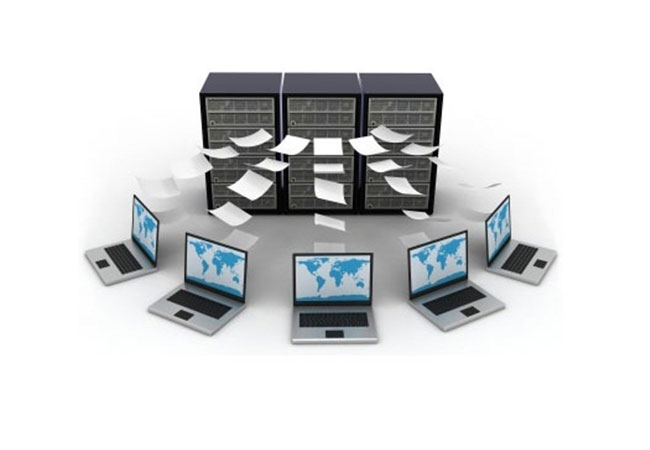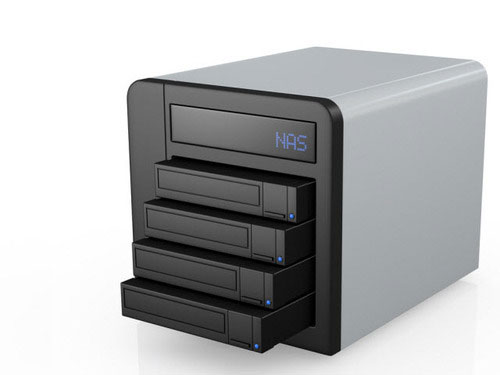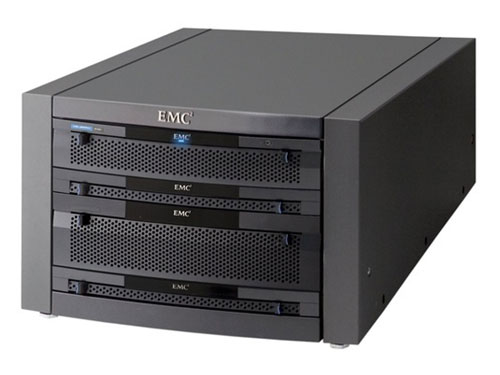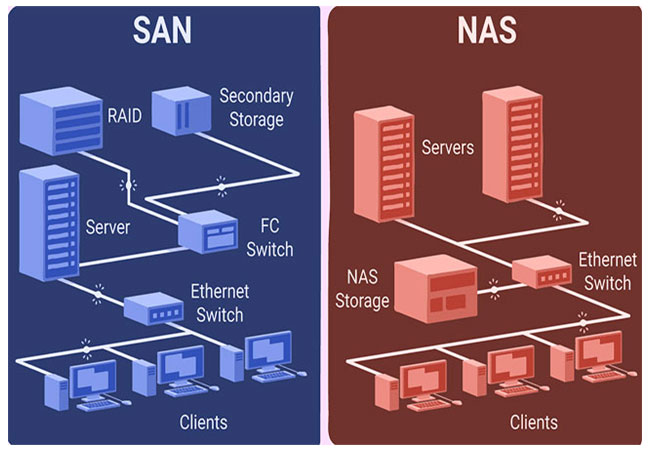Data is a critical asset for companies
Without access to their data, companies may not provide their customers with the expected level of service. Poor customer service, loss of sales or team collaboration problems are all examples of what can happen when information is not available.
Each of these issues contribute to lack of efficiency and potential loss of income if customers cannot wait for a data outage to be corrected. Additionally, when it comes to data storage, small businesses find themselves faced with other storage-related needs such as:
- Lower cost options
- Ease of operation (many small businesses do not have IT staff)
- Ease of data backup (and it’s always accessible when you need it)
- Growth capability
NAS devices are rapidly becoming popular with enterprise and small businesses in many industries as an effective, scalable, low-cost storage solution.

-

What is NAS?
An NAS device is a storage device connected to a network that allows storage and retrieval of data from a central location for authorized network users and varied clients. NAS devices are flexible and scale out, meaning that as you need additional storage, you can add to what you have. NAS is like having a private cloud in the office. It’s faster,...
-

What is SAN?
Storage area networks (SANs) are the most common storage networking architecture used by enterprises for business-critical applications that need to deliver high throughput and low latency. A rapidly growing portion of SAN deployments leverages all-flash storage to gain its high performance, consistent low latency...
SAN vs. NAS
Both SAN and network-attached storage (NAS) are methods of managing storage centrally and sharing that storage with multiple hosts (servers). However, NAS is Ethernet-based, while SAN can use Ethernet and Fibre Channel. In addition, while SAN focuses on high performance and low latency, NAS focuses on ease of use, manageability, scalability, and lower total cost of ownership (TCO). Unlike SAN, NAS storage controllers partition the storage and then own the file system. Effectively this makes a NAS server look like a Windows or UNIX/Linux server to the server consuming the storage.

